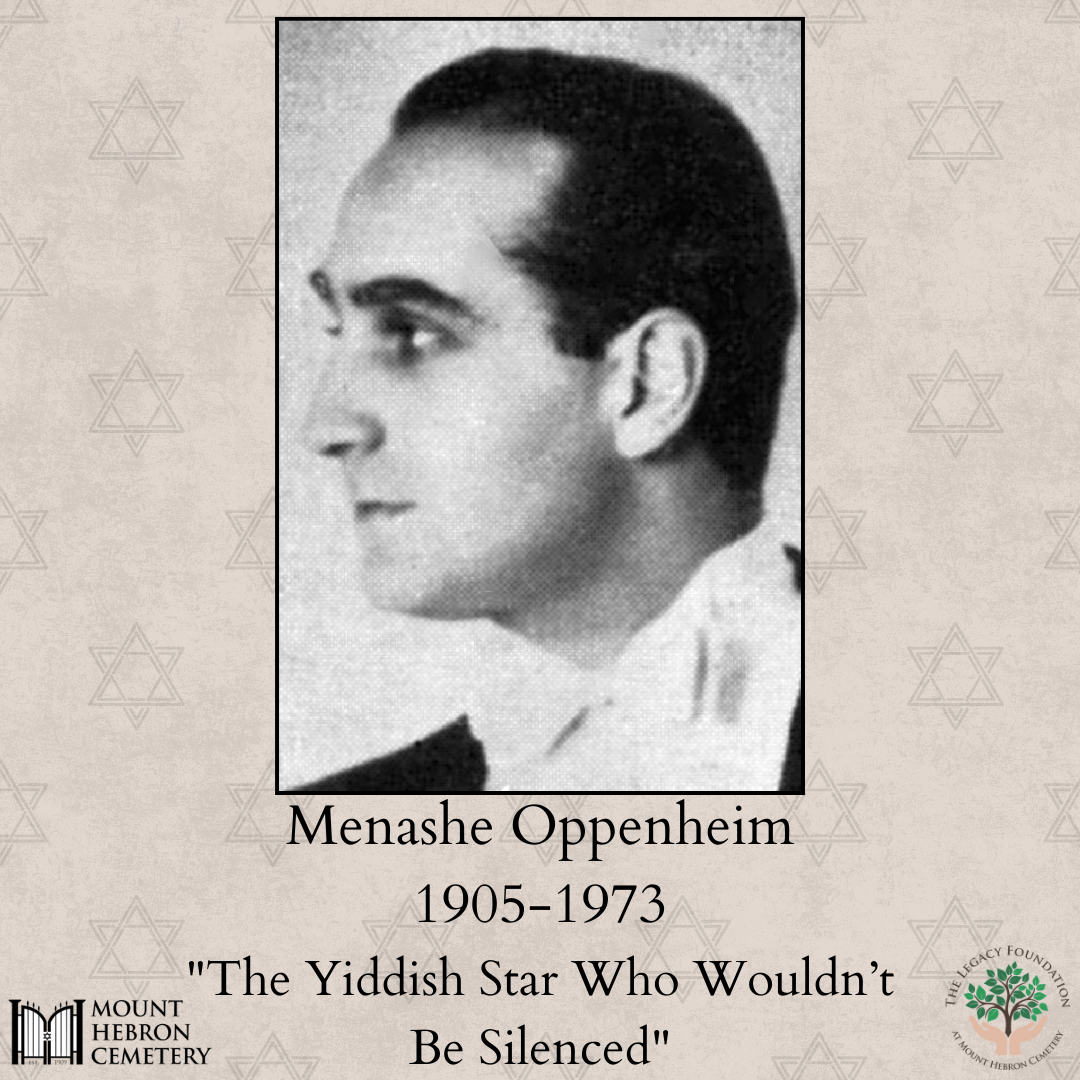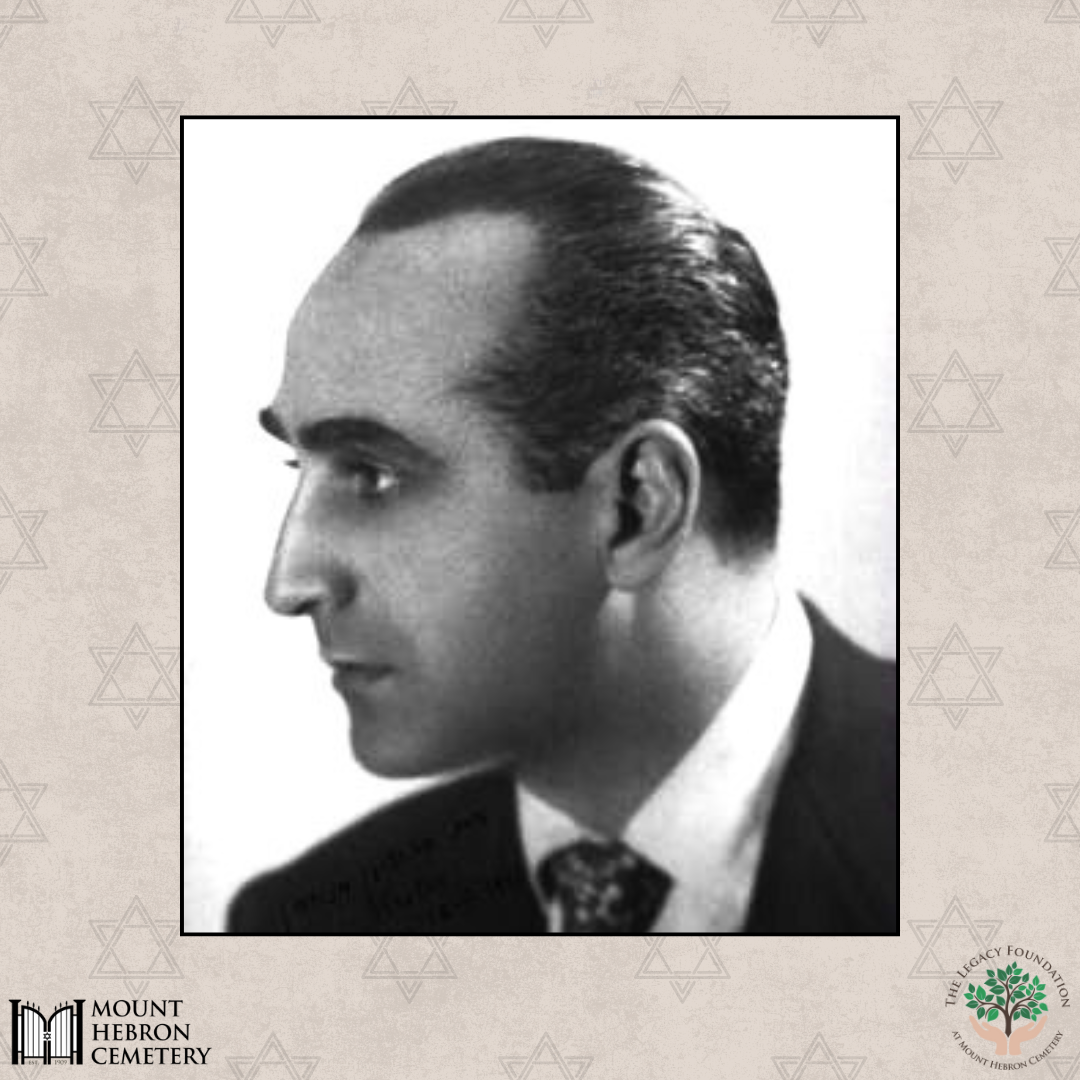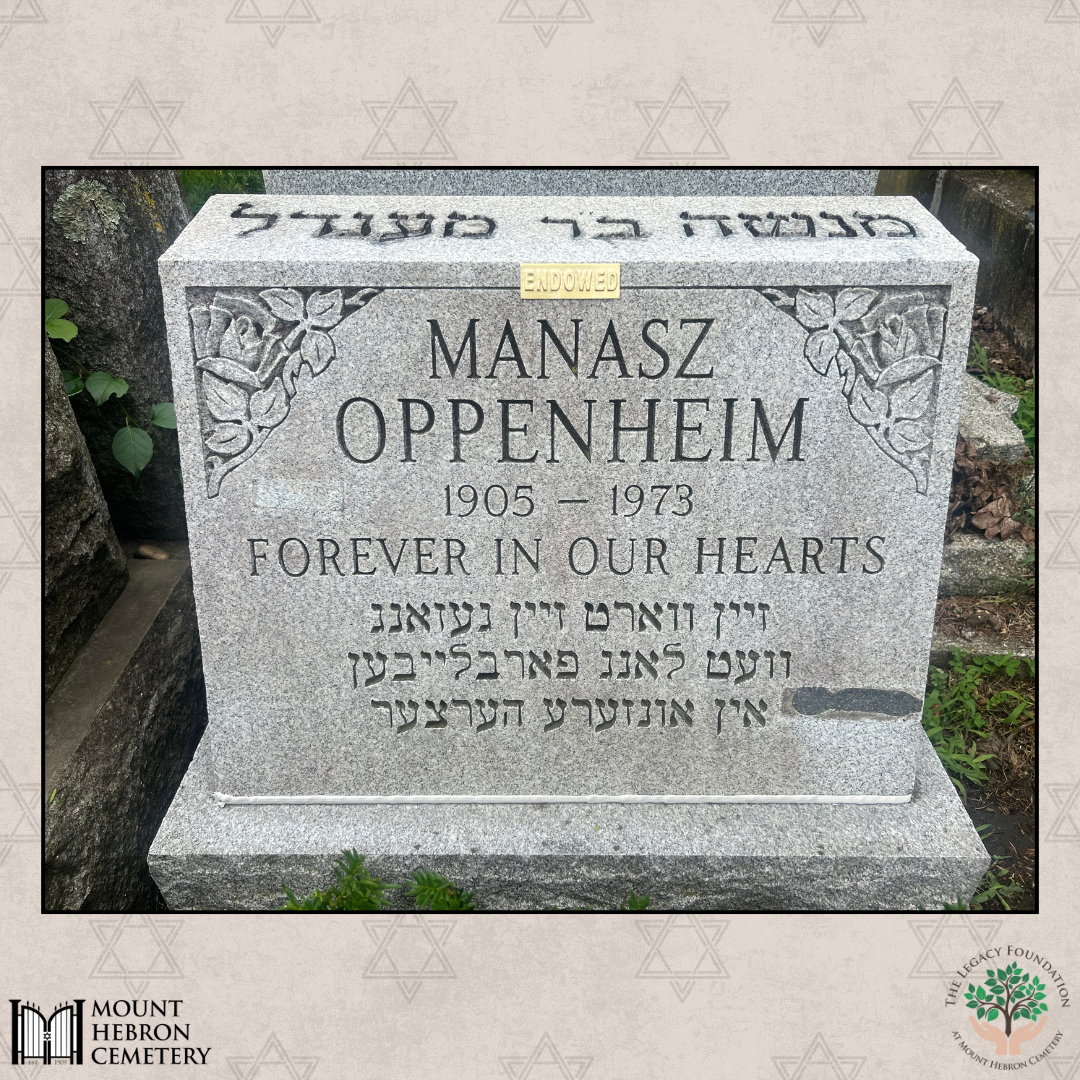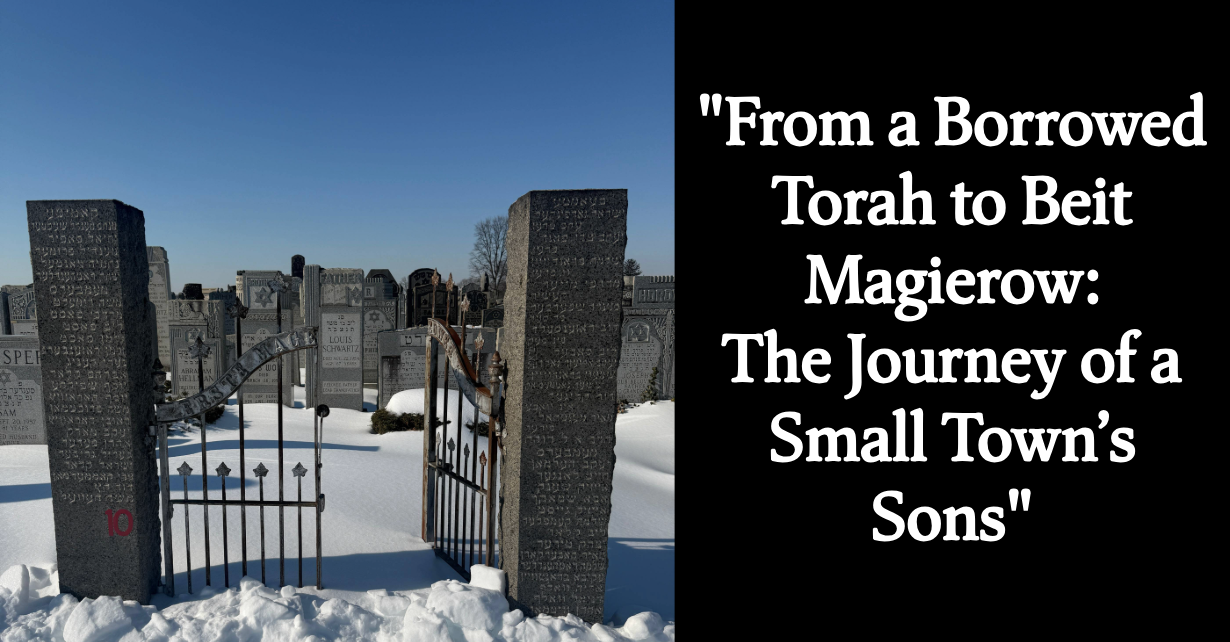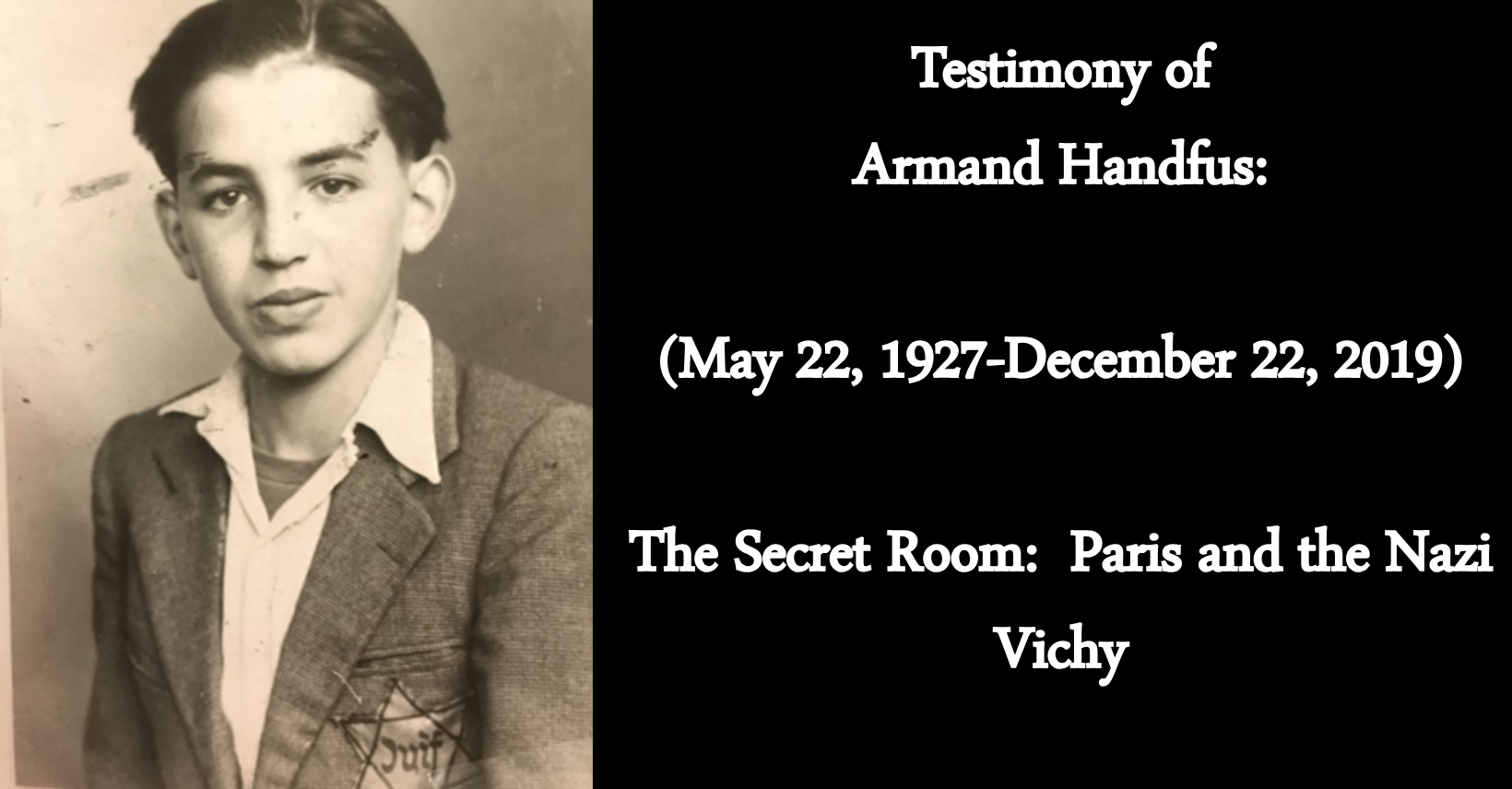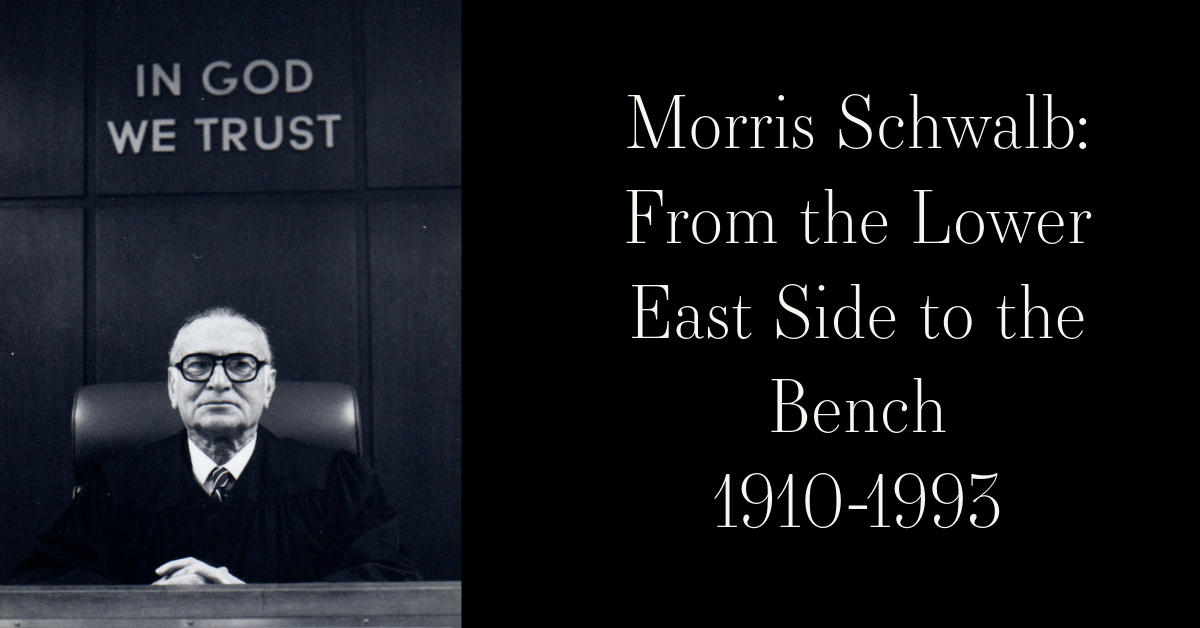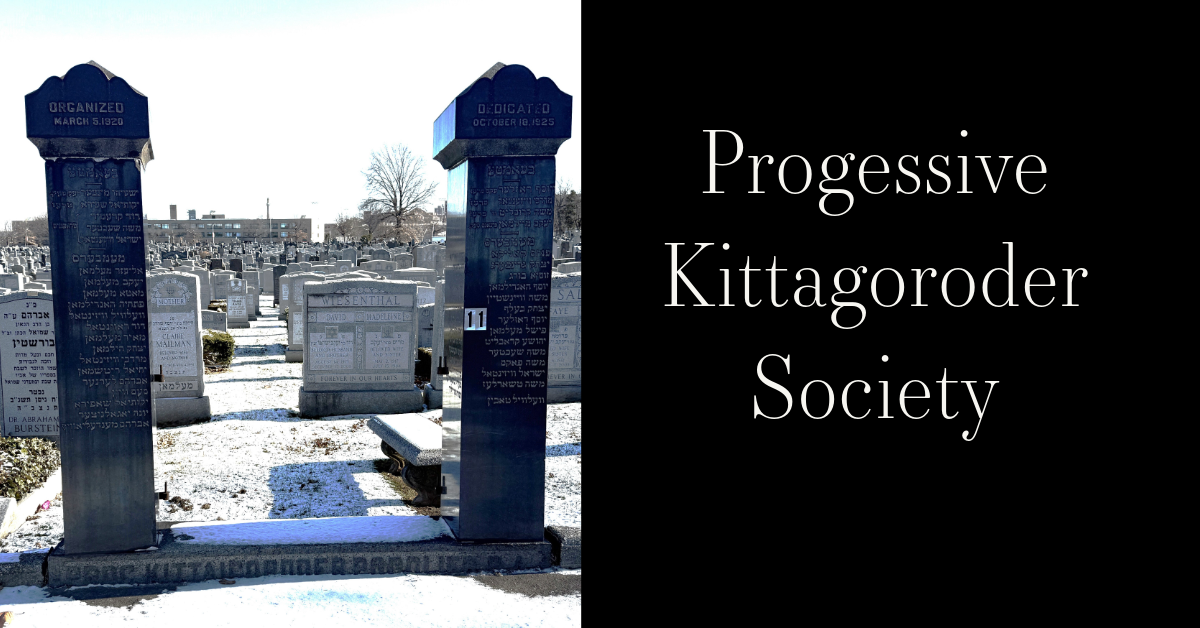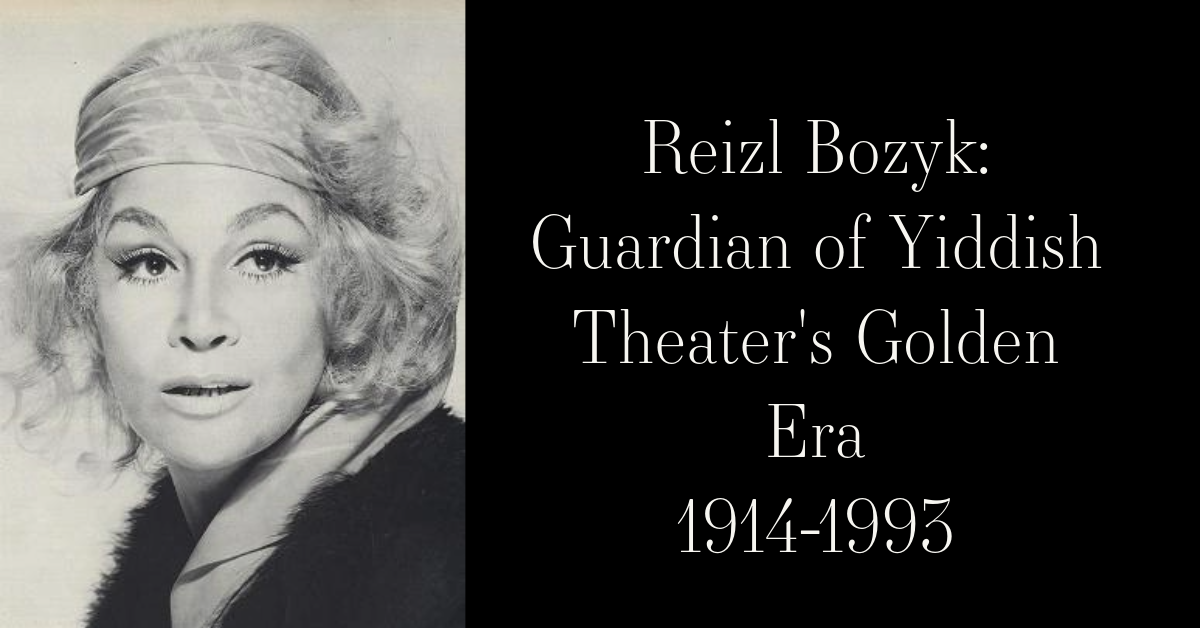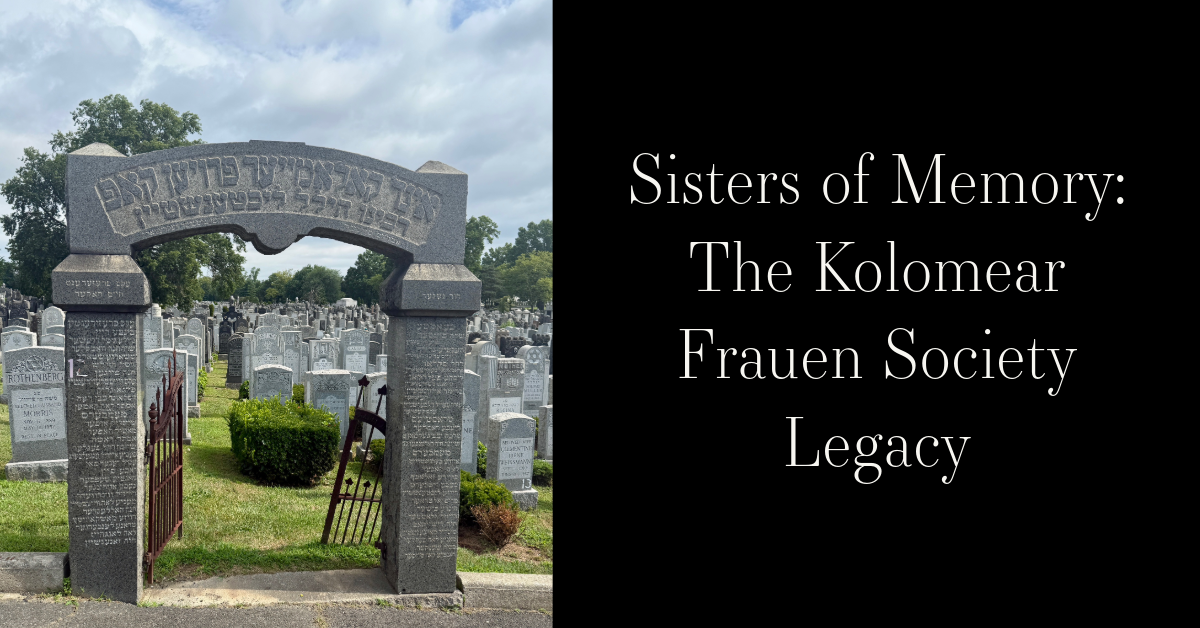Story Summary:
Menashe Oppenheim became a sought after performer in the Yiddish theater during the mid 20th century. He also gave concerts, sang on the radio and made records. He composed and wrote his own lyrics.
Oppenheim appeared in several important Yiddish language films including: Jolly Paupers (1937), The Row (1937), Mamele (1938), Kol Nidre (1939), and Mazel Tov Yidden (1941). Oppenheim became known for his powerful voice and emotional performances. ~Blog by Renee Meyers
Menashe Oppenheim: "The Yiddish Star Who Wouldn't Be Silenced"
Menashe Oppenheim was born in Warsaw, Poland in 1905. His parents were Menachem Mendel Oppenheim and Chava Hena Oppenheim. Menachem Mendel was employed by a wealthy nobleman who ruled over several towns. Menashe had three siblings named Efraim Israel, Dov and Chana.
Menashe began his theatrical career in Europe in the early 1920s performing in Yiddish theater productions. He started performing at the Revi Theater in Lithuania. The Revi was a hub for Yiddish performances enabling Oppenheim to have a platform to show off his talent as both a singer and an actor. In the mid-thirties Menashe began his employment at the Scala theater. He also became a singer, recorded many records in Yiddish and composed and wrote his own lyrics. Menashe became a member of the Jewish Section of the prewar Association of Theatrical Authors and Composers in Warsaw. Menashe soon became a leading Yiddish film actor. In the late 1930s he appeared in several important Jewish sound films, including Joseph Green's Di Freylekhe Kabtsonim (1937) and Mamele (1938) with Molly Picon. Menashe moved to Berlin, Germany where he continued to act and perform. In the late 1930s, he managed to flee Germany.
Menashe received a personal invitation from Maurice Schwartz to come to the United States to work and Menashe quickly agreed. Since he would be moving to the US, Menashe was able to accept an offer by Joseph Zeid to play the lead in a movie filmed in the US called Kol Nidre. Just as the filming on Kol Nidre concluded, World War 11 commenced. Menashe tried but was unable to return to his family. He got only as far as the USSR-occupied part of eastern Poland where he decided to remain until the War ended. Menashe learned that his entire family had been murdered during the Nazi occupation. After 1945, Menashe emigrated to South America but returned to the United States frequently from 1940 through 1960 where he worked in various Yiddish theaters in the States.
Menashe was married three times. His wives were: Fenja Braunrot, Helene Klein and Charlotte Goldstein. There was no record that Menashe had any offspring.
In 1972, Menashe starred in a show called Yoshe Kalb with the actress Miriam Kressyn. He also performed in various other Yiddish plays and films where he displayed a talent in both comedic and dramatic roles.
After 1945, Oppenheim emigrated to South America. He went on tour to Argentina where he had previously sold a large number of his records. Therefore, even before he arrived, Menashe was well known in Argentina. And he did not disappoint his Jewish audience. After spending a lot of time in Argentina, Menashe became excited about the Jewish young people who attended the Yiddish theatre and showed Menashe great respect. Menashe observed that the officials in Jewish Argentina had built a network of Yiddish schools in order to produce a generation of intelligent Jewish children.
Menashe performed two productions in the Teatro Soleil in Buenos Aires: "Hi Gelebt!," and "Tsu a nayem idishn lebn! (To a New Jewish Life!)." These plays were scheduled during the hot Argentinian Summer. Surprisingly, the locals were indifferent to the heat. Menashe and his theater troupe enjoyed seeing the sold-out performances and they continued their shows night-in and night-out to packed houses. Menashe had been invited to visit both Europe and Israel to give concerts. Menashe had to return to South America since he had several concert appointments still on his calendar.
Menashe quickly became a sought-after performer in the Yiddish theater and he became a vibrant part of the Yiddish cultural scene in New York City in the mid-20th century. He became known for his powerful voice and emotional performances. In addition to acting, Menashe also composed music for various productions. Besides his theatrical career, Menashe also appeared in several films including the film "Tevye" in which he played the character of Lazar Wolf. He also appeared in several episodes of the TV series "The Goldbergs."
In addition to acting with his troupe, Menashe also gave concerts, sang on the radio and made new records. He was recognized and remembered for his ability to connect with his audiences through his performances and frequently portrayed relatable characters. Menashe became part of a rich tradition of Yiddish theater. Though his performances, he played a significant role in preserving Jewish culture and language. Oppenheim’s work contributed to people’s appreciation of and revival of the Yiddish arts.
Menashe Oppenheim passed away in 1973 at the age of 68 due to heart failure. He was buried in the Jewish Theatrical Alliance's plot in Mount Hebron Cemetery.
~Blog by Renee Meyers


